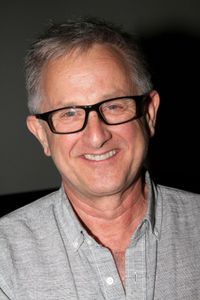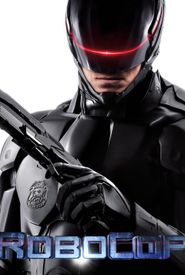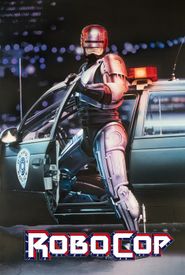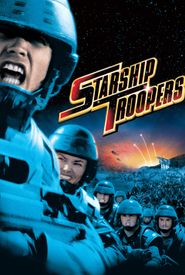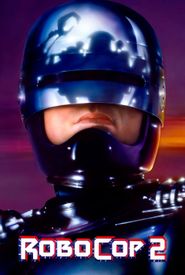Edward Neumeier is a renowned American screenwriter, producer, and director, celebrated for his significant contributions to the science fiction genre. His impressive body of work includes the iconic films RoboCop and Starship Troopers, as well as its sequel.
Neumeier's academic background comprises a journalism degree from the University of California at Santa Cruz, followed by attendance at the School of Motion Picture and Television at the University of California at Los Angeles (UCLA). Upon completing his bachelor's degree at UCLA, he ventured into the Hollywood film industry, initially serving as a production assistant on the popular TV series Taxi.
Subsequently, Neumeier worked as a proof-reader for Paramount Pictures and Columbia Pictures, and later held the position of junior executive at Universal Pictures. His experience in the film business laid the foundation for his subsequent success as a screenwriter.
Neumeier's writing career took off when he penned the outlines and film treatments for his debut feature, RoboCop, as well as other spec scripts. Notably, he declined an offer of a vice-presidency at Universal Pictures to focus on developing the screenplay for RoboCop, in collaboration with Michael Miner.
The Orion Pictures company acquired the rights to the screenplay, allocating a budget of nearly $10 million. Neumeier also co-produced RoboCop, which premiered in theaters across North America and other locations in 1987. The film's success was remarkable, garnering over $50 million in ticket sales in the United States alone. The franchise's popularity subsequently spawned two sequels, RoboCop 2 and RoboCop 3, as well as two TV series, one live-action and one animated.
Initially, Neumeier wrote a script titled "Bug Hunt at Outpost Nine," but during the pre-production period, TriStar Pictures decided to integrate this story with Robert Heinlein's novel "Starship Troopers."
